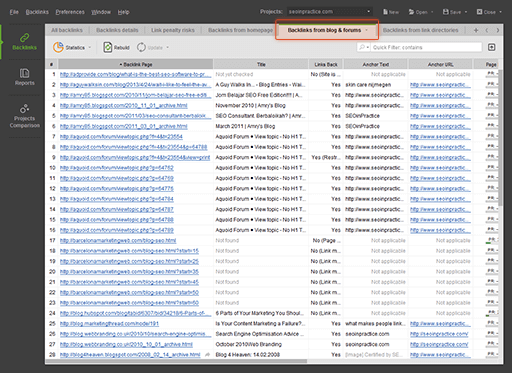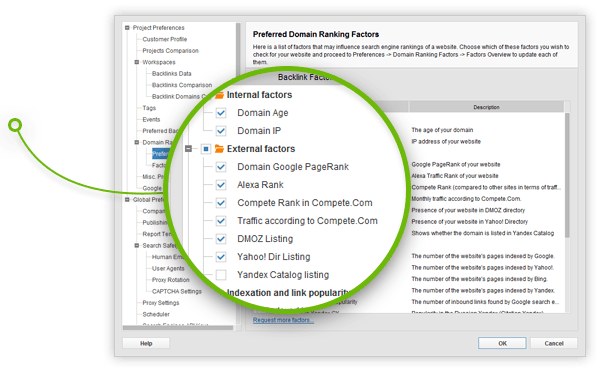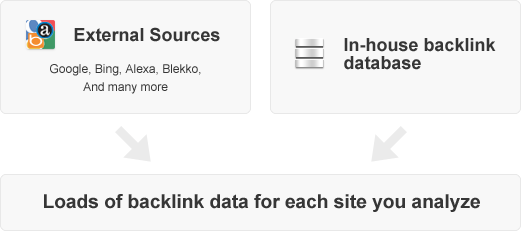
It's not the end of the world and won't ruin your chance at ranking well, but it's worth looking into. In practice, almost every single website has a huge number of these low-quality links-whether or not you know it. They can even carry with them a significant penalty risk. Those are what we call the low-quality links. Same goes for huge blog networks that exist solely to provide backlinks to willing customers, straight-up ad links, and so on. For example, a link from a comment on a forum is easier to get (because it's easier to spam) that means it won't really help your rankings. qualityīacklinks aren't all equally as valuable. While your domain authority can and should be used to assess how your link building campaign is doing in general, it's not something a small business owner should invest a lot of time and effort in. So our take is: trying to build links to your entire domain in an effort to increase rankability of specific pages isn't going to work. As far as we can tell, domain authority isn't really a great measure of a website's rankability. It's perfectly normal to see a page from a low domain authority site outranking the pages from domains scoring much higher. And there is definitely evidence of that found all over the SERPs. In fact, over the years, Google has confirmed again and again that they don't consider a domain's overall link count when ranking pages. Here's the kicker: Google denies that there is such a ranking factor at all. Most of us use this metric, though it might have different names: Moz, the originator of the metric, calls it domain authority for SEO PowerSuite (my own SEO tools), it's link authority. The idea is, if your domain authority grows, your individual pages are more likely to rank. It's a simple, straightforward metric: the overall rankability of a page based on how many quality backlinks the domain has overall. But what about the second one? Increased domain authority has long been considered one of the key measuring sticks for rankability. The first one is relatively simple to grok: you try to get links to a specific page so that page moves up in SERP. Scoring new links to specific pages that you want to boost ranking forįinding new backlinks to your domain in general to increase domain authority

There are two main goals of link building: A few solid links (which you might even be able to accumulate naturally!) should do the trick. On the other hand, there's likely a point of diminishing returns for any link building campaign, so you don't want to go too deep down the rabbit hole. But even though a linkless webpage can squeeze into a top three, you shouldn't count on it. Meanwhile, result number three has a sum total of zero backlinks.įrom this mini-experiment, it's evident that you can rank with very few links, and Google will take you at your content's value. Plug those five URLs into a backlink checker (I'm using my own SEO SpyGlass here), and you'll see that most of them do have backlinks.īut it's also pretty obvious that there's no one-to-one correlation between the number of backlinks and the position in search: the top-ranked position for the term only has one-thirtieth of the second result's backlinks. Start by googling any term, and grab the top five results from the search engine results page (SERP).



My suggestion: conduct your own experiment to see how many backlinks are needed to rank in your particular competitive vertical. But what none of us can know for certain is how many backlinks you need for what kind of ranking boost. Anyone who knows SEO will tell you that having backlinks to your content will improve your chances of ranking. The need for great content will never change, but what about backlinks? Link building isn't simple, so is it even worth getting into for a small business that needs to manage its resources more wisely than ever? The short answer: yes, but not too much.
Seo spyglass backlink checker update#
For a long time, any SEO campaign could be summed up with two general goals:īut 2020 spelled a lot of changes for the SEO world, from the Core Web Vitals update to small things like Google My Business adding a COVID news feature.


 0 kommentar(er)
0 kommentar(er)
